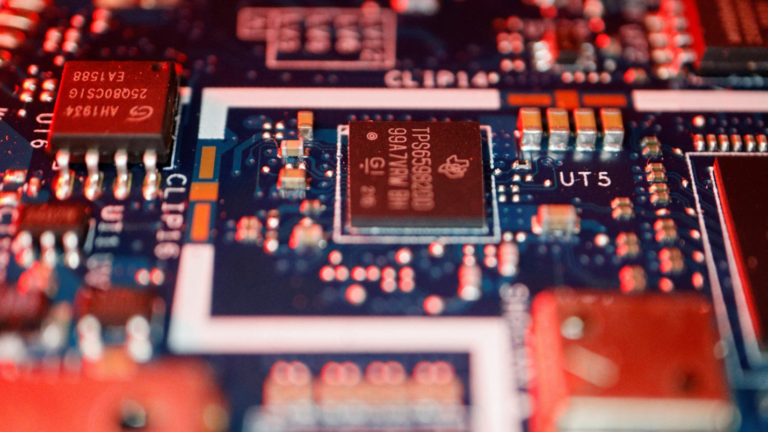Last year, the US imposed export controls on microchips to prevent China from developing supercomputers for use in developing nuclear weapons and AI systems like ChatGPT. However, these restrictions have had minimal effects on China’s tech sector. The rules limited shipments of Nvidia Corp and Advanced Micro Devices Inc chips, which are the industry standard for developing chatbots and other AI systems.
READ ALSO:
SolarWinds partners with Infosys to accelerate transition to SaaS provider
Ooredoo introduces Aamali Push-to-Talk for businesses in Qatar
Kaspersky Launches Updated Safe Kids App with New Features and Design to Enhance Child Safety Online
Nvidia has created variants of its chips for the Chinese market that are slowed down to meet US rules. Industry experts believe the newest one, the Nvidia H800, will take 10% to 30% longer to perform some AI tasks and could double some costs compared to Nvidia’s fastest US chips. Nonetheless, these slowed-down chips still represent an improvement for Chinese firms. In April, Tencent Holdings estimated that systems using Nvidia’s H800 would cut the time it takes to train its largest AI system by over half.
The back-and-forth between the US government and industry highlights the challenge of slowing China’s progress in high tech without harming US companies. Part of the US strategy in setting the rules was to avoid a shock that would cause the Chinese to abandon US chips altogether and increase their own chip development efforts. The export restrictions have two parts.




